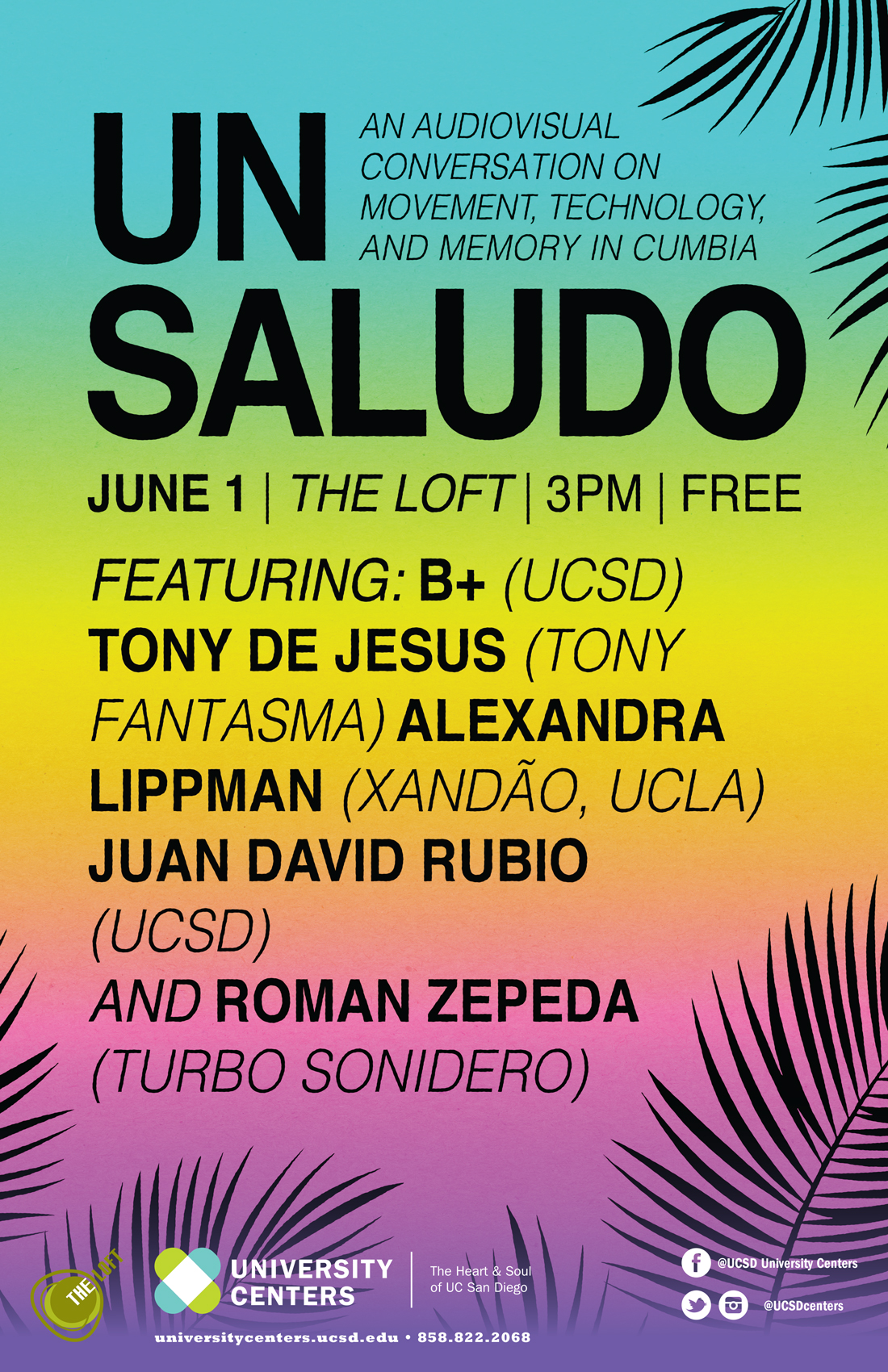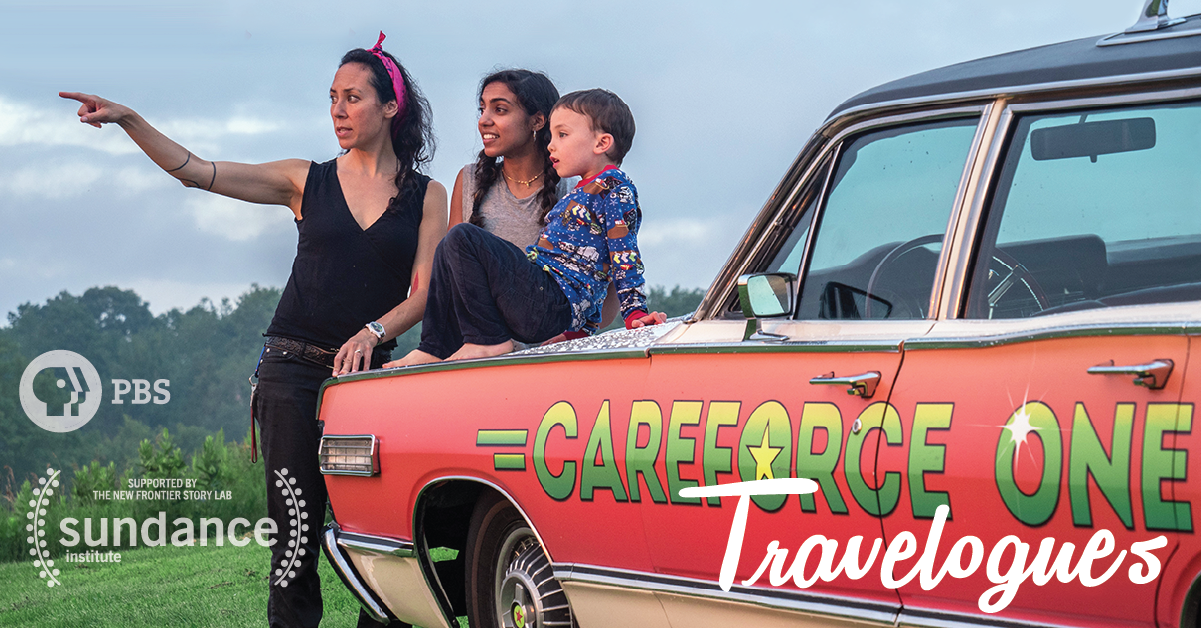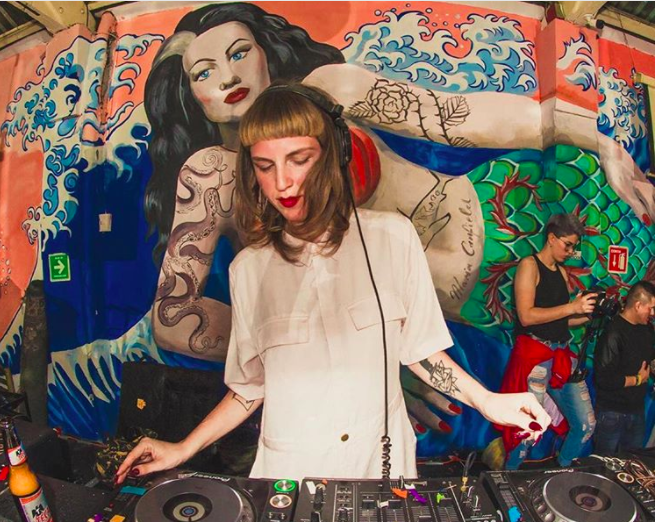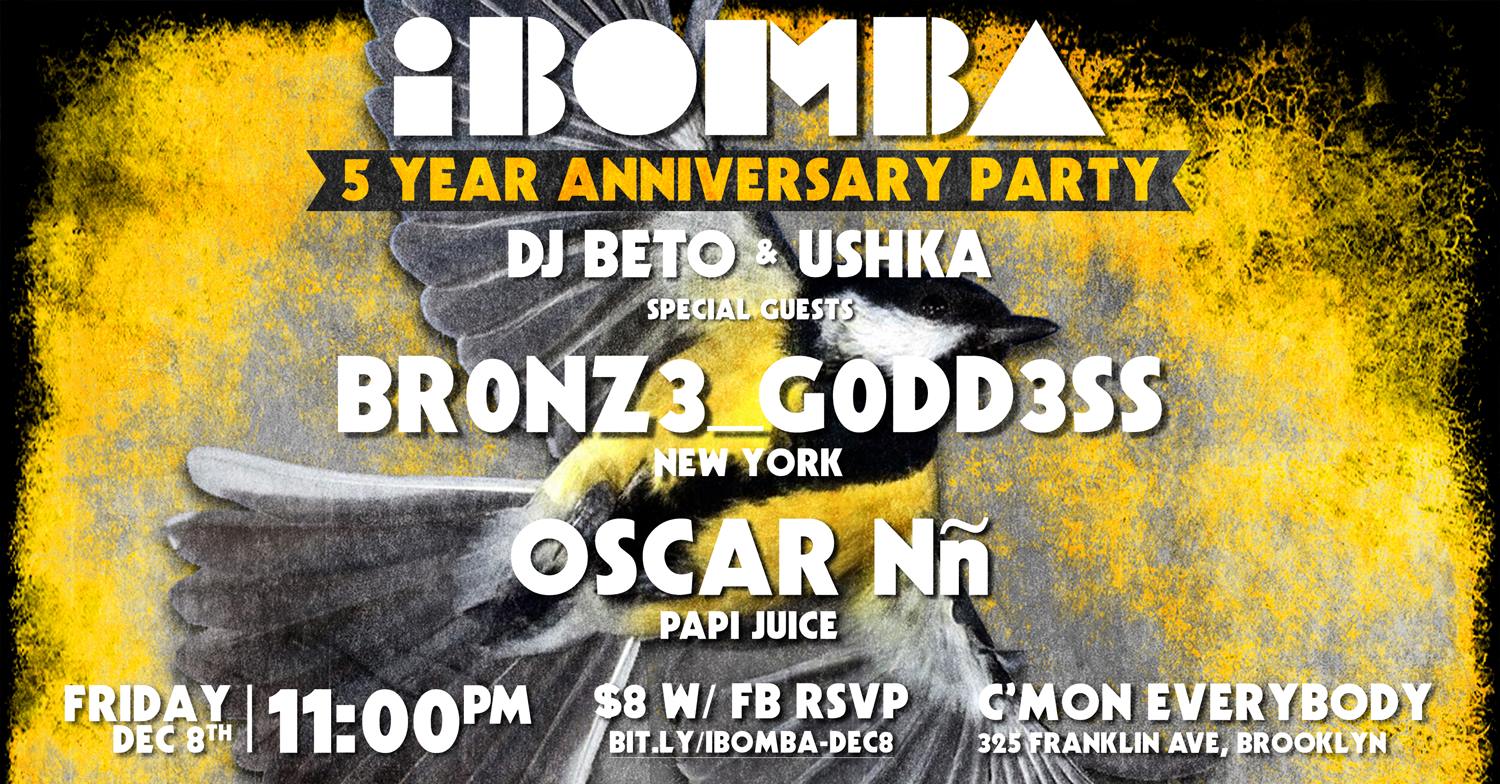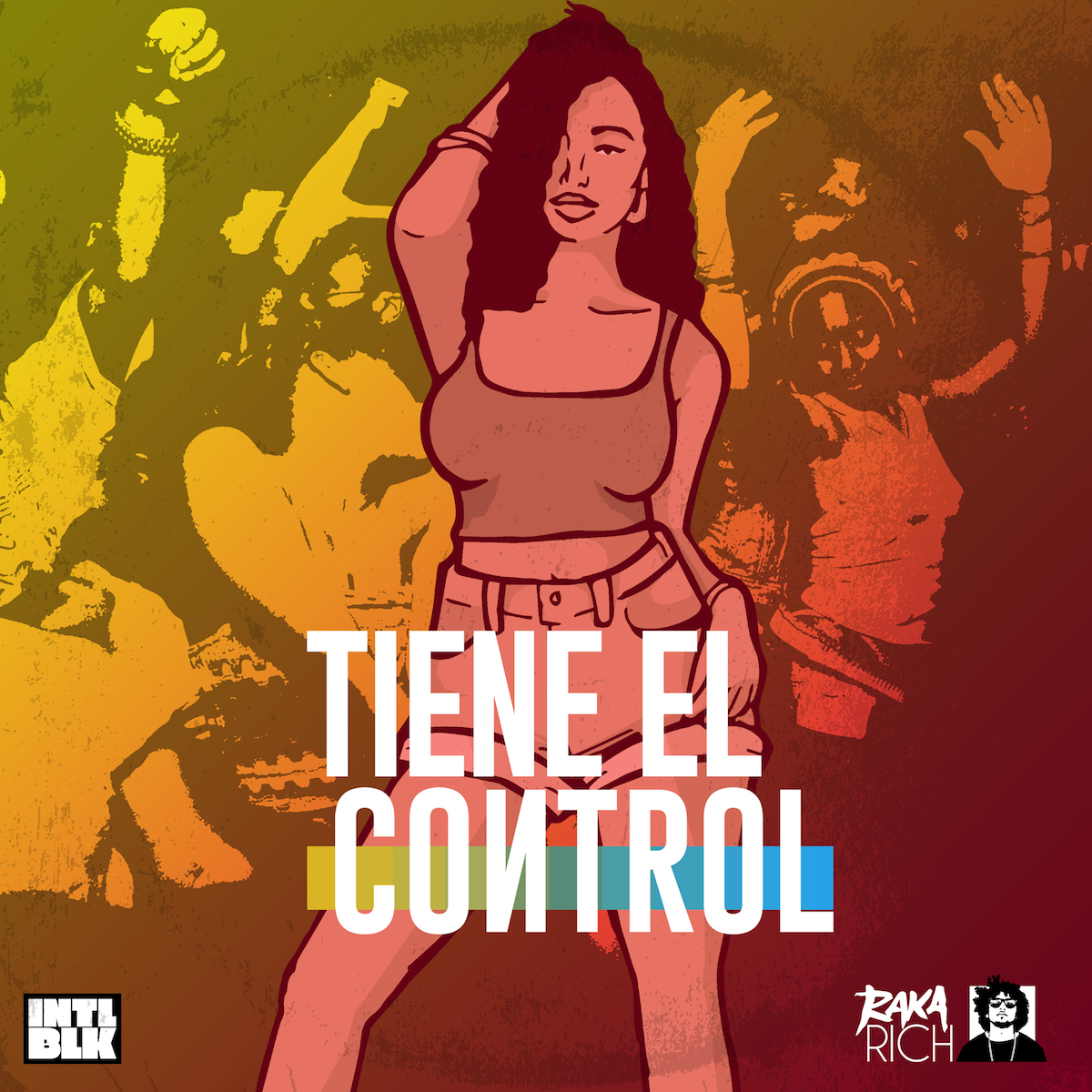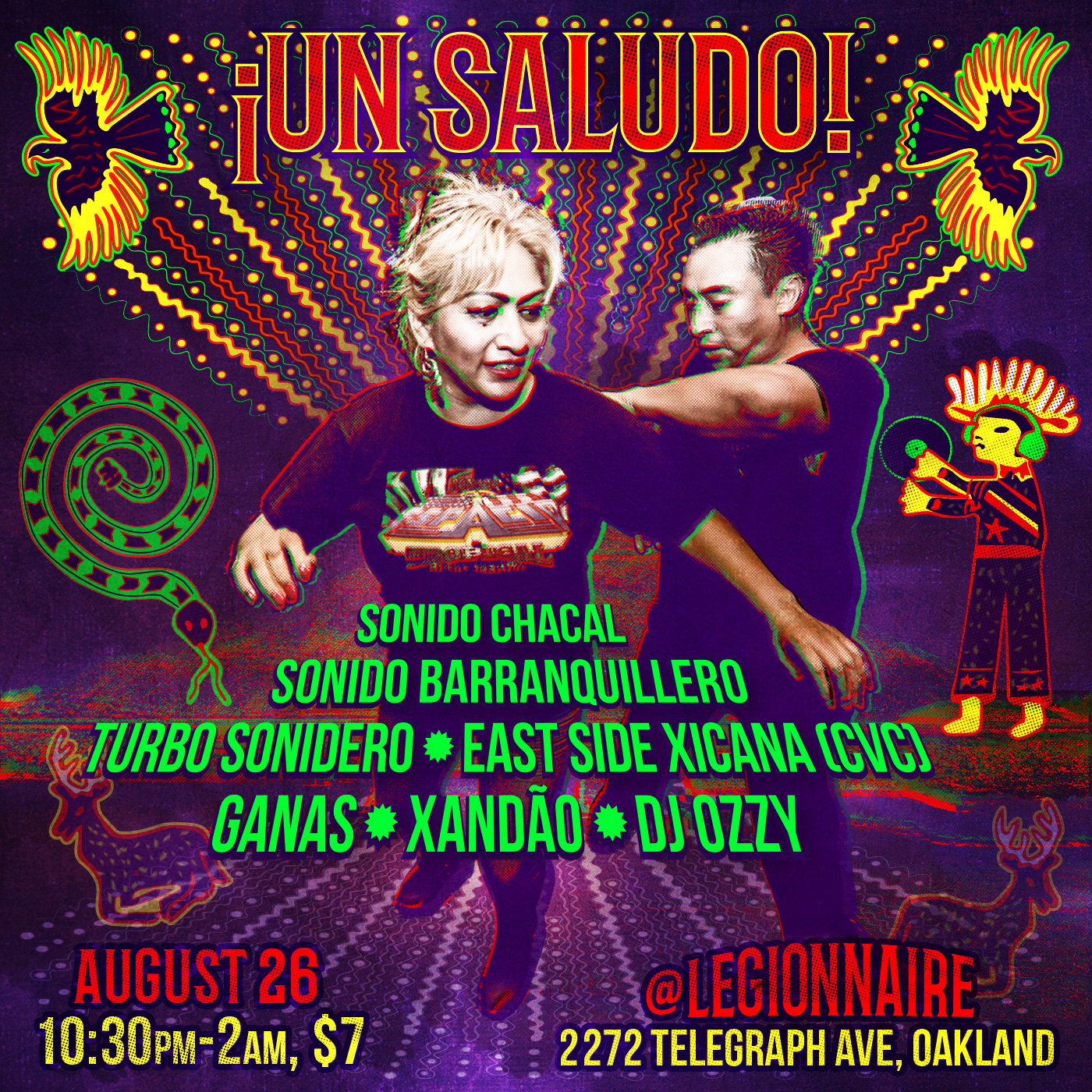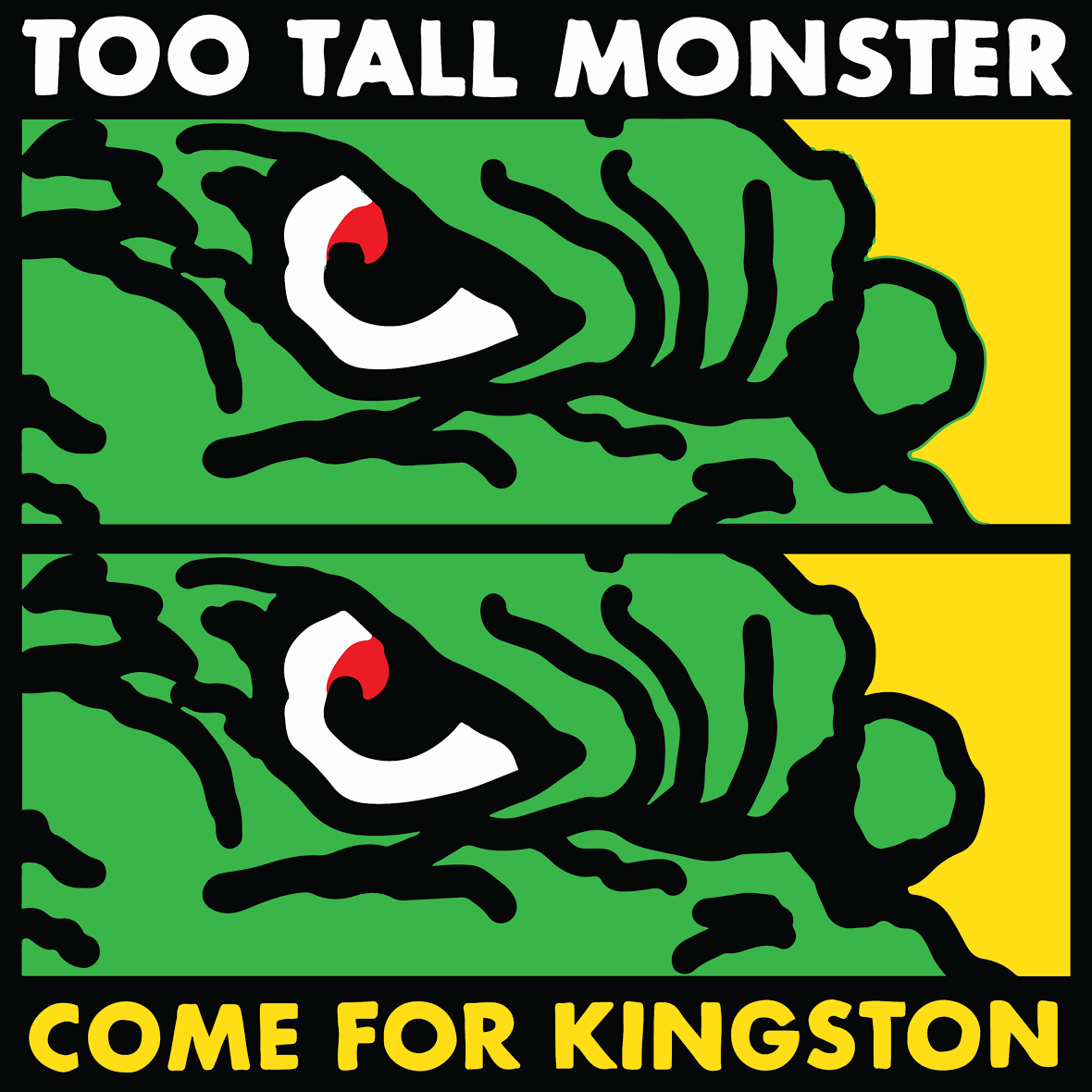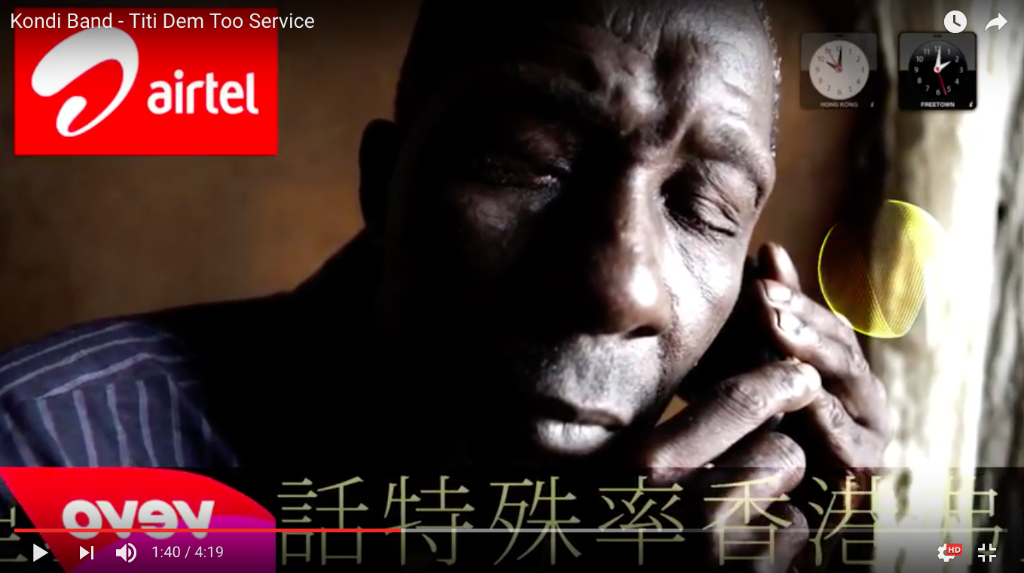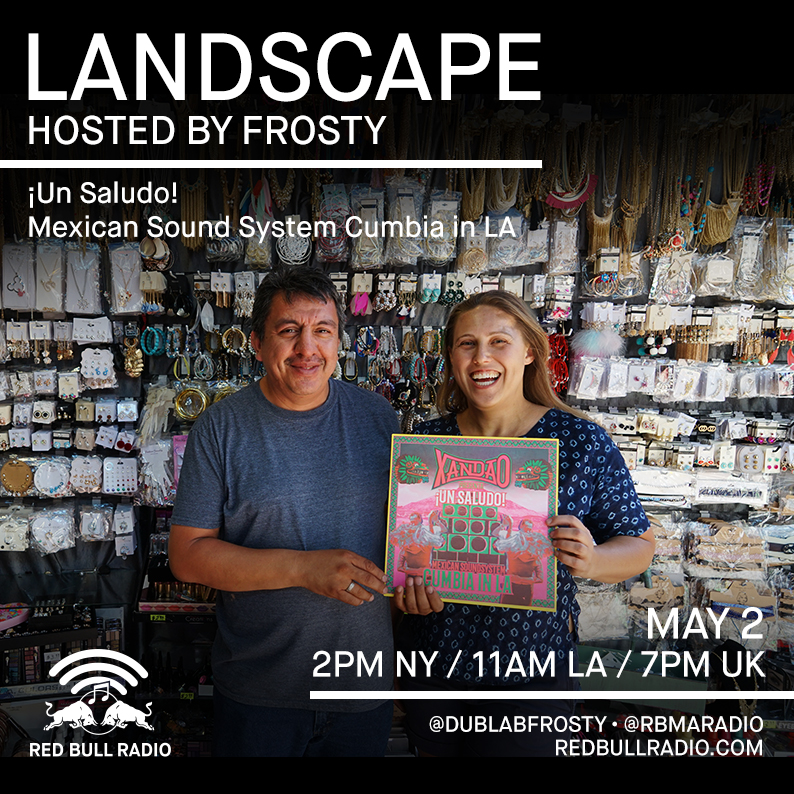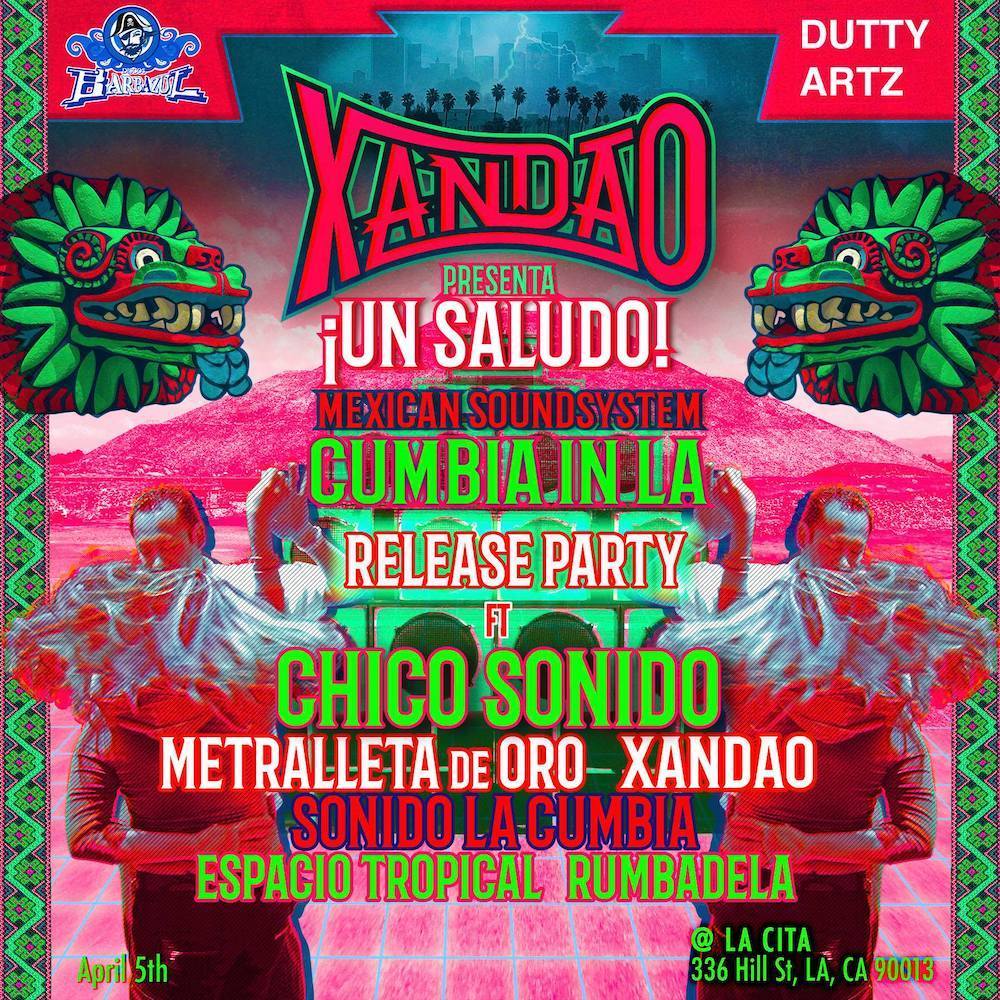
In 2008, after DJ /rupture and Matt Shadetek had both returned to the US from Europe to settle in New York, they joined forces to start a record label and blog to provide a stateside platform for some of the music styles that they had immersed themselves in London, Berlin and Barcelona. By then, it seemed that the mainstream music industry was destined to disassemble. While pop superstars quickly saw record sales dry up, and corporate offices at major labels were drastically downsized, personal music blogs and self-hosted forums had now become central organizing nodes for music fans, often specializing in the appreciation of what before then was fairly esoteric cultural phenomena.
Forgotten about rappers cast off from the major label system found new audiences, retired African funk musicians started rehearsing for international tours, local electronic music styles like kuduro, baile funk, footwork, coupe decale, baltimore club, grime, champeta, plena, cumbia sonidera, and merengue de la calle emerged from the cultural periphery, and industry outsiders could now gain overnight international fame. A new, more democratic version of the commercial music industry seemed to be emerging, even if we didn’t yet know what that would look like.
2008, however, was a very different time to today. The platforms that most of us consume content on today were all in comparatively startup stages. YouTube was still primarily seen as a social network for home video makers. Snapchat, Instagram, Soundcloud and Spotify didn’t exist. Twitter had only become widely known in the US (thanks to the presidential debates of that year). And, Facebook was a burgeoning social media network trying to compete with Myspace (who just recently admitted to erasing all of their data from that era).
At the same time we were becoming more internationally connected and aware of others on the other side of the Earth, political and economic leaders in the North were busy driving capitalism to its biggest crisis since the Great Depression. In the midst of the wars on Iraq and Afghanistan, no one (at least publicly) ever thought that the premise that we should be working towards a more unified, peaceful and multicultural global society would ever be brought into question.
Along with hundreds of other blogs, influenced by youthful global music expressions in marginalized urban communities of both the global North and South, Dutty Artz would publish essays to contextualize the music, release original productions and throw events. Such activities would go on to become organizing nodes for an IRL diverse music community based in and around Brooklyn, NY. Over its 10 years of active existence, Dutty Artz, and its affiliates would provide an early career platform for internationally recognized names such as Jahdan Blakkamoore, Maluca, Dave Nada, Munchi, Kingdom, DJ Orion, Rita Indiana, La Yegros, Venus X, Bomba Estereo, Titica, Choquibtown, Nguzunguzu, Kalup Linzy, Tropkillaz, Buyepongo and more.
Before protestors occupied Wall Street, music seemed to be leading us towards a revolution in how we identify, relate and situate ourselves in the world. Unfortunately, that journey—to a more democratic and egalitarian future—was cut short (the “global bass” scene as it was, was still largely filled with the digitally privileged in the global North, and even there overrepresented by inquisitive early adaptors). In the wake of the global economic recession of 2008, the reactionary forces of social privilege and global capitalism awoke latent desires in the global public sphere to retain a status quo of white, male and heterosexual supremacy both on and offline. And, as the promise of cheaper connections and faster speeds would lure the rest of the world to the Internet, we would all unwittingly sink our free exchange of ideas and artistic expression into the digital infrastructures of large corporate social media companies. Soundcloud, Spotify, Facebook and Google were able to retain control over how information is disseminated and consumed (likes, algorithms, ads, etc), privileging the interests of global capital and corporate-controlled intellectual property.
Dutty Artz would survive these tumultuous times by flirting with cooperative organizational structures and collective creative processes. Yet, the ideals that were born out of the blogging era, and upheld in a collectively organized community of creatives, could not survive the pressure that gentrification (both in our cities and of our sub-cultures) would eventually bring. So in the spirit of renewal and change, after 10 years, we have decided to move on.
Dutty Artz is not ending. But it will be changing forms.
This for all intents and purposes will be the last post on the Dutty Artz blog. The blog itself will live on as an archive on this website and potentially in an edited print edition sometime in the future (when we have time to go through the ten years of posts).
Many of the former members are still active in the cultural industries in ways that are still as exciting and full of revolutionary potential as in 2008. So, the other way that the spirit of Dutty Artz will stay alive is by supporting the label projects that are springing up in the wake of the dormancy of the Dutty Artz record label.
These labels are both engaging and challenging the splintering of the “global bass†scene into the identity-driven, online-centered and geographically non-specific underground scenes today. The egalitarian and democratic potential of the Internet still bubbles under the surface of the corporate social media juggernauts and their algorithmic formulas—especially across the global South—so, in order to keep the fire burning for those potential revolutionary sparks, Dutty Artz will move from becoming a collective of DJs and producers to a loose association of independent music labels.
Dutty Artz label group will maintain the catalog of previous Dutty Artz releases, as well as provide business infrastructure for two labels (initially): INTL BLK—a platform and incubator for cultural expressions of Blackness that stretch beyond national boundaries (founded by myself—Chief Boima); and Discos Rolas—a record label and creative research project exploring diasporic sounds of Latin America through art and anthropology (founded by Dutty Artz member Alexandra Lippman and collaborator Gary “Ganas†Garay).
We will not be active (at least as much) on Dutty Artz social media channels, but will use the old Dutty Artz mailing list to make announcements about new releases from the label group. If you would like to be updated on label and city specific events and other non-release happenings then you can sign up for updates for INTL BLK here and Discos Rolas here.
Thank you to everyone who contributed to the blog or released music with Dutty Artz over the years. I’ll leave a link to the archives of all the authors who ever contributed to the site as reference. Look out for a possible print version of the blog sometime in the near future.
- Matt Shadetek
- /rupture
- Word the Cat
- MC Smear
- Geko Jones
- Lamin Fofana
- Mode Raw
- Taliesen
- Uproot Andy
- Vincent
- Filastine
- Carlos Delclos
- Baby Kites
- KDOG
- Chief Boima
- Alexandra
- Greg Scruggs
- Atropolis
- Lion Soul
- DJ Bent
- SamR
- Alice Melody
- CSWAG
- Ahmad Julian
- Ushka
- Chants
- Ripley
- Rafi El
- the Afrabian
- Palm Wine
- Mpeach
- Iswayski
- Sam Hillmer
- Brooklyn Shanti
- Selecta K7
- Abhayam
- Riobamba
- All of Us
